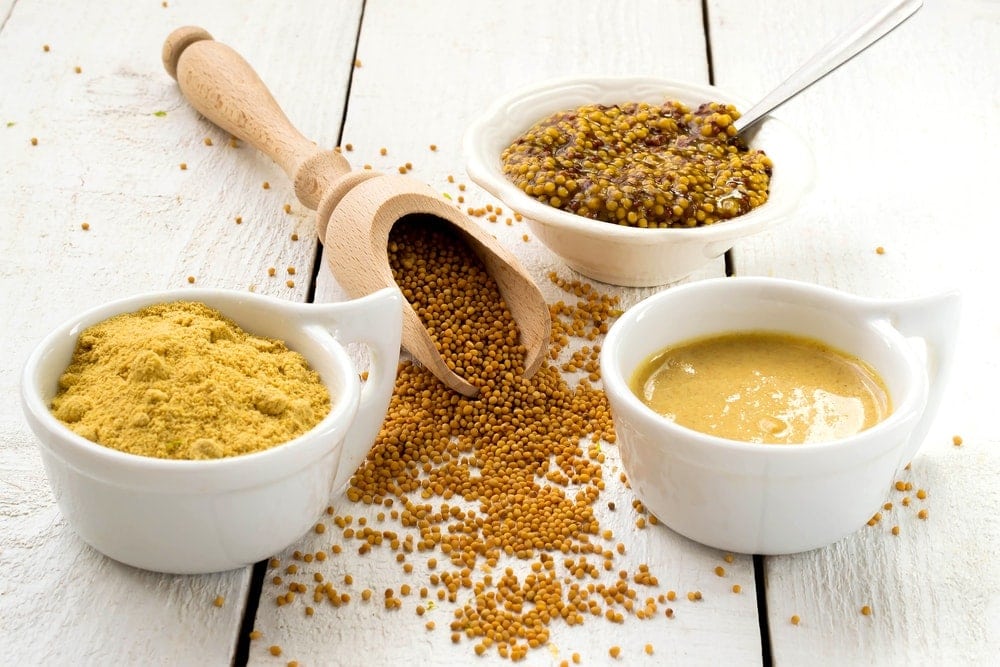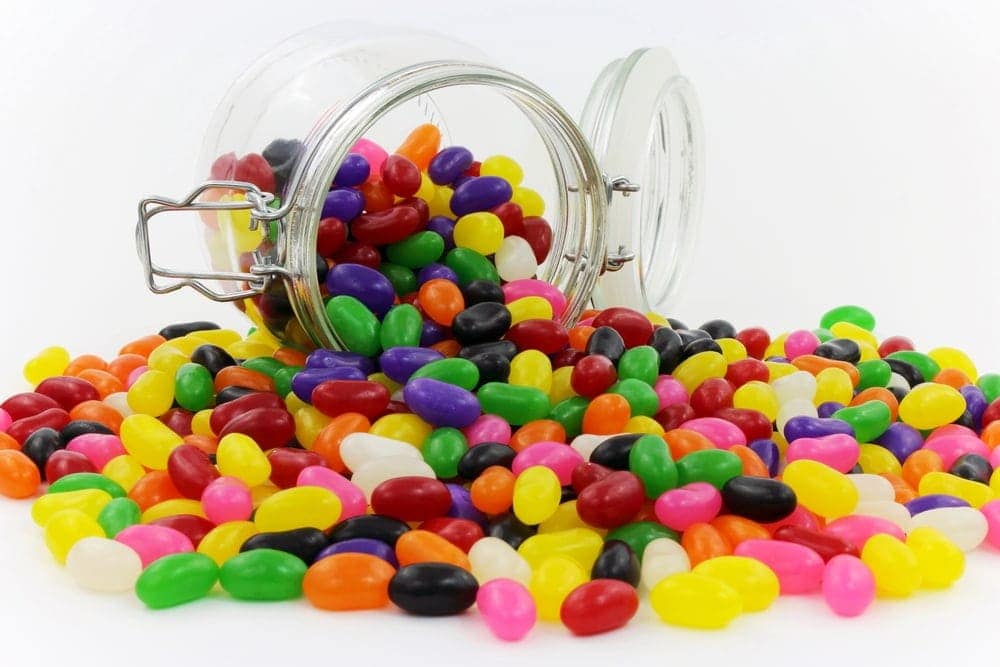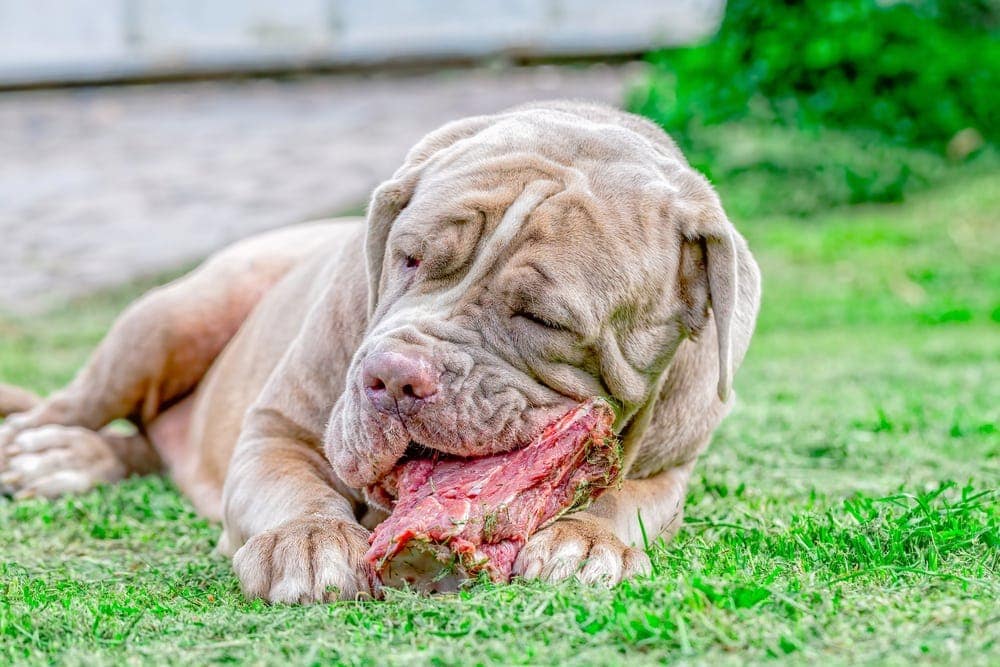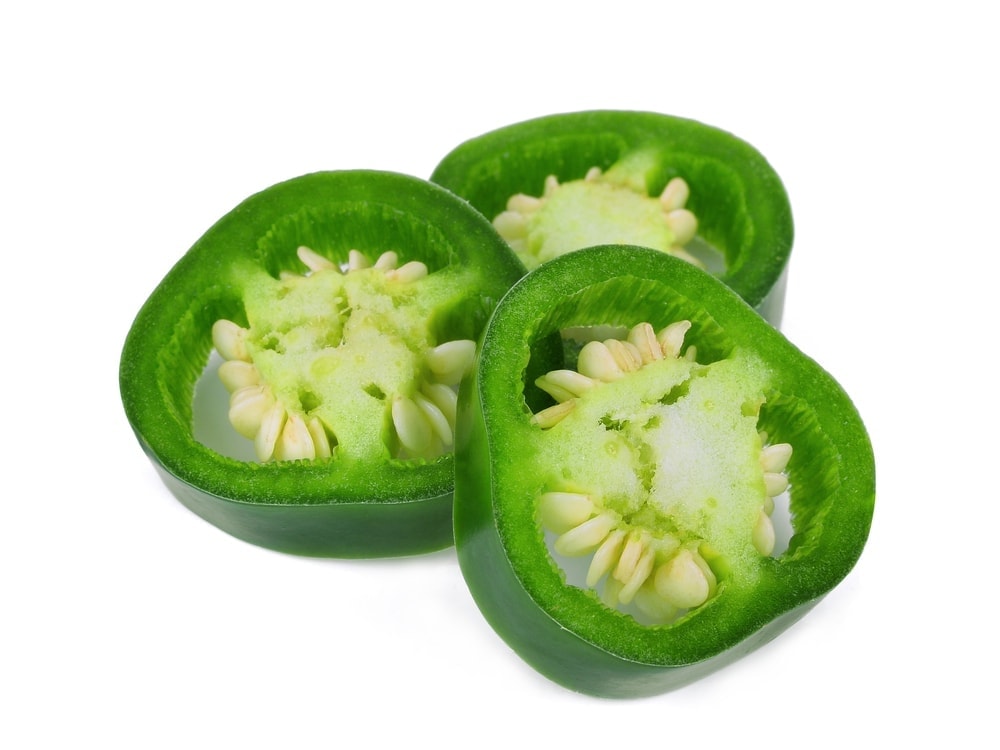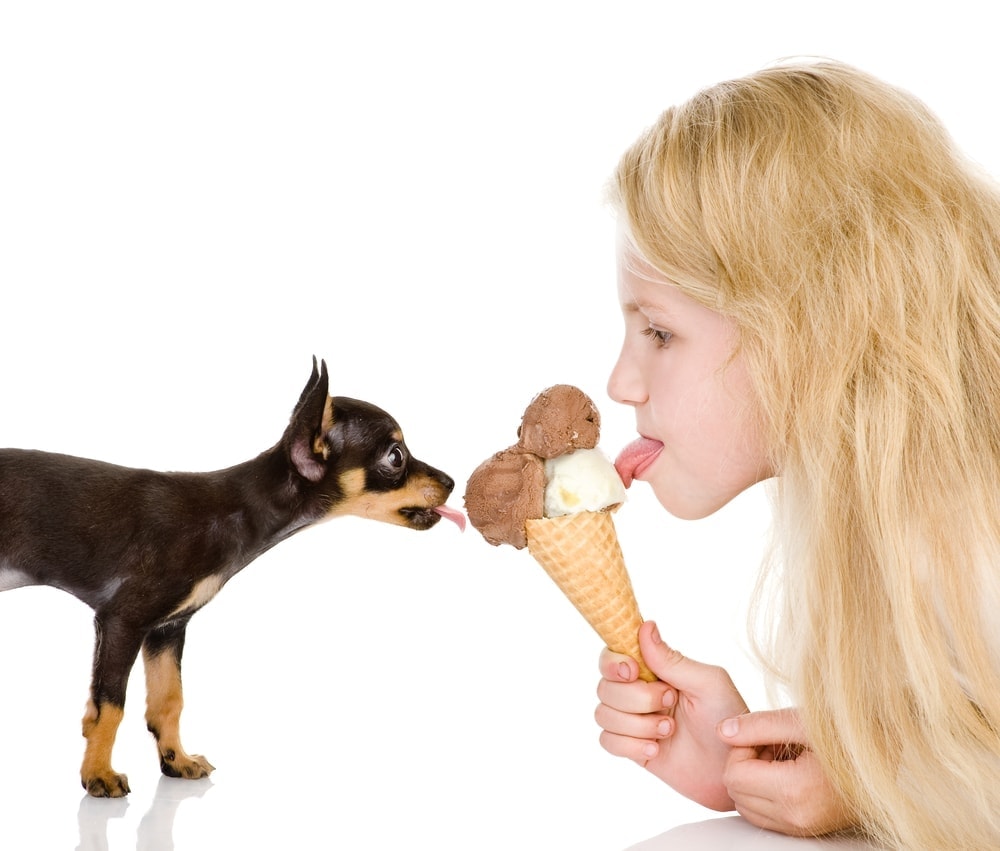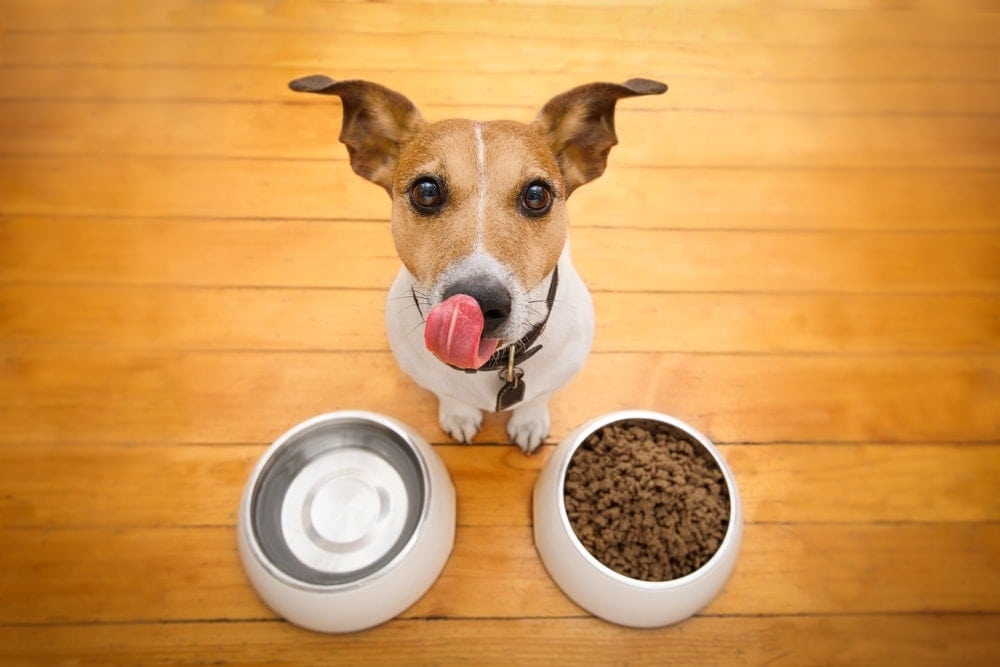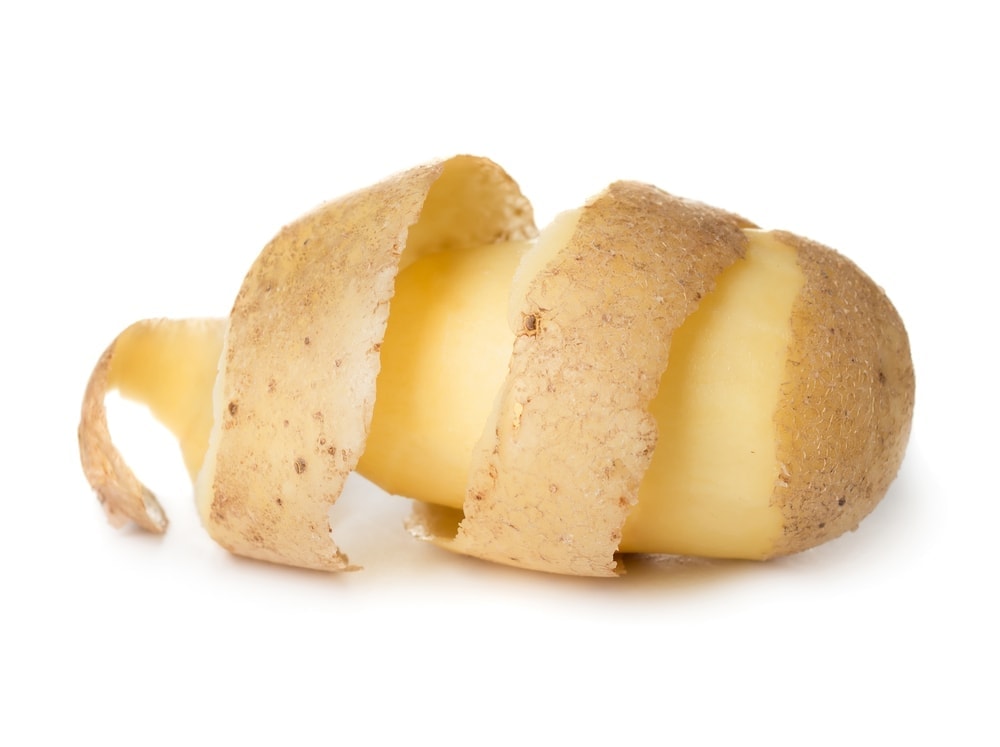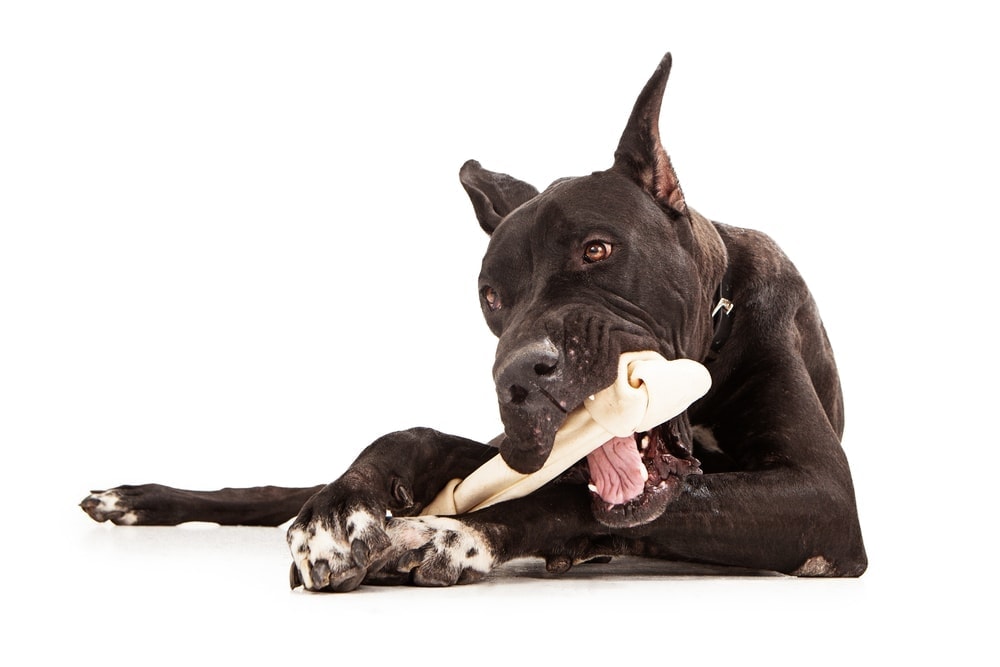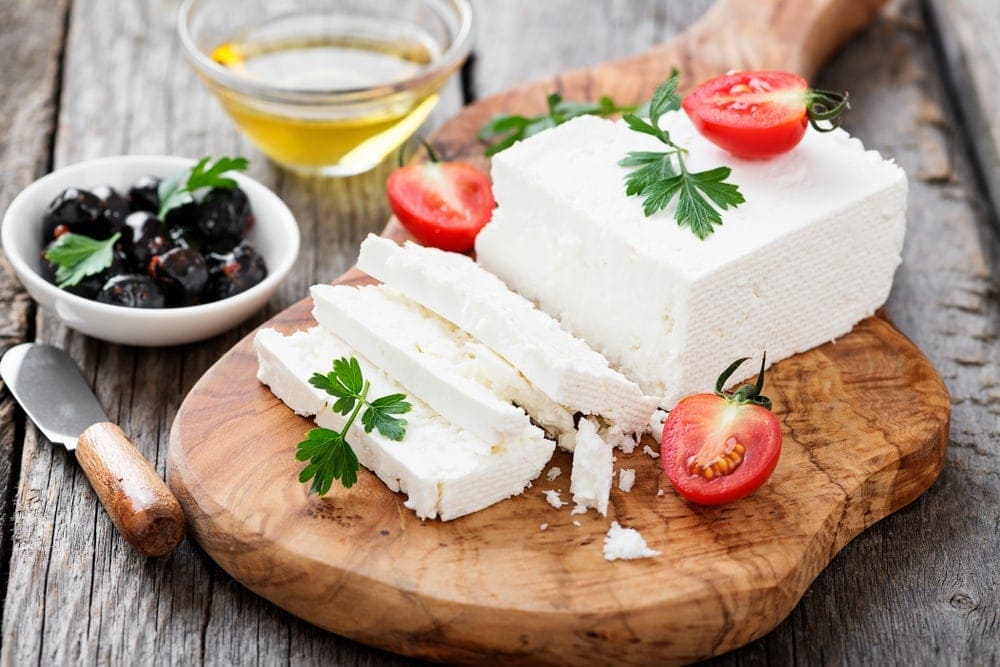I bet you were wondering if you can share your hot dog with your furry friend or treat it to a burger during the barbecue. Both of the dishes contain mustard and you might question how safe it is for your dog.
Mustard is safe for humans but is it the same for animals? Does it matter what form of mustard your canine is eating? Is it tasty for them? And the most important question is mustard is good or bad for your dog?
Long story short – No, dogs shouldn’t eat mustard. It is quite toxic for them and difficult to digest this product and you can see diarrhea, vomiting, and stomach pain if you let your pup eat it. There is no need to run to the vet if your dog ate a bit but check its behavior and feeling after.
Try to be sure every time that your furry friend has no access to mustard when you having barbeque. If you want to have more detailed information about this product and dogs’ digestive systems read the following article.
It Depends on the Form
When it comes to mustard for dogs, the fact is that it can be safe or toxic, depending on the form it comes in. You should never give your dog any mustard seeds, as they are extremely dangerous for these animals to ingest. If you ever see your dog swallow a mustard seed, you should take it to the vet right away.
A Medical Use for Mustard
I bet you never would have imagined that mustard could actually be used for any medical purpose. Some veterinarians will recommend using mustard powder (like the kind you put on a hotdog or burger) to induce vomiting after a dog ingests a poison.
It is important that you do not try to use mustard for this reason unless you are given instructions by a veterinarian. While it can be effective, you will need to do it in a certain way.
Mustard does not always have this effect on dogs, but it certainly can. There are probably other non-toxic things you can give your dog that is better for this purpose.

Mustard Greens
You will be able to feed your dog mustard greens, but you don’t want to give it to them raw in small amounts. It is important that you puree this food beforehand. This form of mustard can actually be very beneficial to your pet’s health. It has lots of nutrients and vitamins in it that can keep your dog healthy. You can put the mustard greens through a food processor if you have one handy in your kitchen.
Broccoli is another great cruciferous vegetable that you can give your dog. Just remember not to feed them too many vegetables on a regular basis, as it can cause thyroid issues. These foods can be good for them, but you should avoid overdoing it.
Again, make certain that you don’t accidentally give your pet any mustard seeds with their greens. This could cause a potentially fatal toxic reaction.
Honey Mustard
You should be able to give your dog a little bit of honey yellow mustard from time to time without any problems. Keep in mind that there is always a chance that your dog could have a negative reaction to the mustard, or the honey for that matter. Just like any other human food, you should give this to them in moderation. It should be a special treat and not a regular thing that they eat. Of course only if they like the taste.
Pay Attention to How They React
It is a good idea to pay close attention to how your dog reacts after they are given any amount of mustard. There are a few things that you should look out for, including vomiting and diarrhea. If your dog experiences either of these things after eating mustard, you should avoid giving it to them in the future.
A distended abdomen is a sign of bloating and a serious negative reaction to food. While bloating might not seem like that big of a deal, it can quickly become a severe problem.
Some of the common symptoms of an allergic reaction to food include:
- Excessive itching or scratching
- Diarrhea
- Vomiting
- Swelling of the face
If you notice any of the above things from your dog, you’ll want to get it in to see the vet right away. This is an emergency, as your dog could begin to have problems breathing. Mustard allergies are pretty rare among both dogs and humans, but it is a possibility.
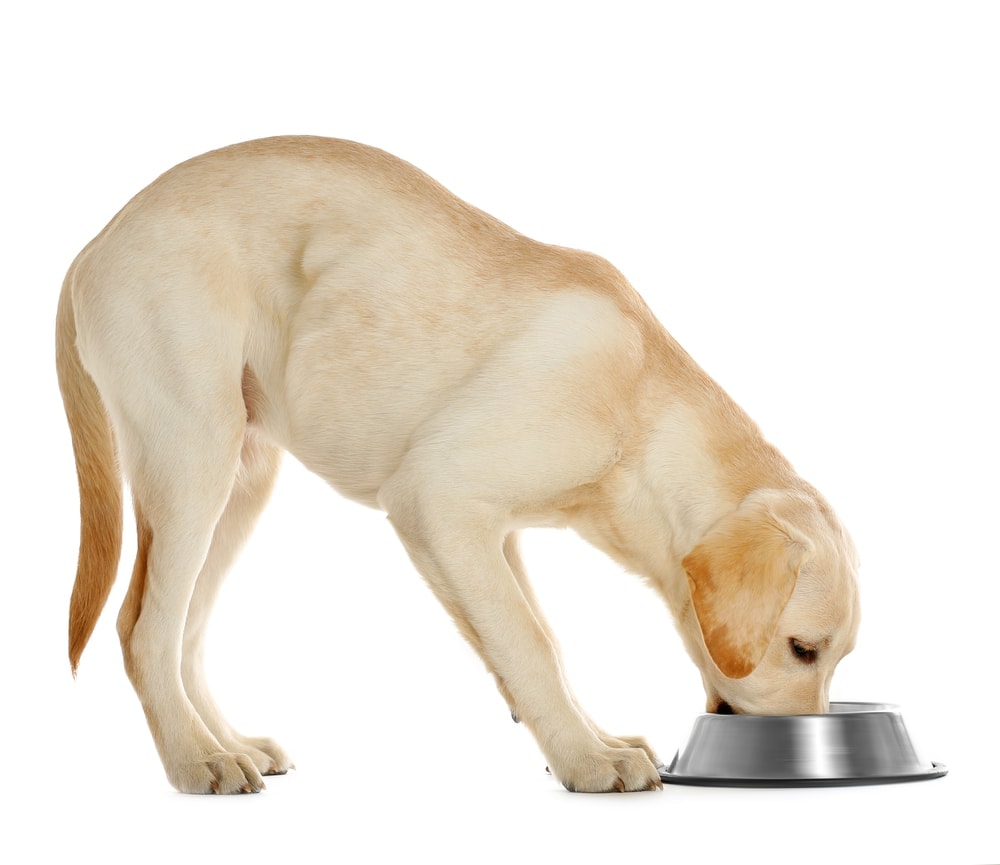
Look at the Ingredients
You should make a point of looking at the ingredients of the mustard you want to give your dog. If it has any turmeric, garlic powder, salt, flour, or sugar, you’ll want to avoid giving it to them. While not all of these things are necessarily toxic to dogs, it can cause a negative overall reaction.
Most dogs don’t do very well with spicy foods, of which turmeric definitely is one. Spicy mustard is not something that you want your dog to have. The chances of a gastrointestinal upset are simply too high with this particular food which can cause gastroenteritis. Avoid all kinds of spices like paprika.
Health Benefits of Mustard
With all of that being said, there are actually quite a few potential health benefits that mustard offers. This popular condiment has been shown to aid in digestion, even for cats and dogs. If your doggo has stomach problems, a little bit of mustard now and again could actually help them.
This food also contains a significant amount of zinc, phosphorus, and manganese. Mustard oil contains vitamin A, antioxidants, and minerals. It has a variety of healthy essential fatty acids that are good for your dog as well. The protein, iron, and selenium in mustard can supplement your pet’s diet too.
But better to get a consultation with your vet before feeding dogs with sandwiches with mustard sauces or dijon mustard.
Tips for Giving Your Dog Mustard
There are a few tips to follow when it comes to giving your dog mustard, including:
- Do not give your dog more than a teaspoon or two of mustard at once.
- Make sure that you never give your dog any mustard with hot or spicy ingredients in it.
- Keep a close eye on your dog to see how it reacts after eating the mustard if it doesn’t have any allergy symptoms or abdominal pain.
- If you notice any diarrhea or vomiting, stop giving your dog this food.
Conclusion
- Mustard can be good or bad for dogs, depending on what form it is in.
- You never want to feed your dog any mustard seeds, as they have highly toxic compounds to these animals.
- If your dog seems to dislike the mustard or has a negative reaction, stop trying to give it to them.
- Mustard greens can actually be beneficial for your dog’s health, but only in moderation.
- Take a close look at the ingredients in this mustard to confirm that it doesn’t contain anything abrasive or toxic to your pet.
- Never give your dog a large amount of mustard at once.
- This food should only be given as a special treat and not a regular thing. Give normal dog food most often.
Frequently Asked Questions:
Can I give my dog sardines in mustard sauce?
Any canned human food that contains oil, mustard or ketchup can be harmful to your dog. If you want to give your puppy sardines, make sure you buy them packed in water. Or rather just buy dog treats from a pet store so as not to risk your furry friend’s health.
Can dogs eat french fries?
French fries are not good dog food because of the high level of salt and oil. Not only is it dangerous to gain weight, but also large amounts of salt or spices such as garlic powder, black or red pepper can be harmful to your pet’s health. Nothing to worry about if your dog got one or two but a large amount can cause stomach problems.
Can dogs eat hot dogs?
Hot dogs contain large amounts of dangerous ingredients such as ketchup, mustard, mayonnaise, and spices that can be dangerous for your puppy. It is definitely not a good option to feed your dog but you can give him a piece of sausage if you clean him of the sauces.
Can dogs eat hamburgers?
You can give a hamburger to your pooch only if it is no sauces, onions, or seasonings like black or red peppers or garlic powder in it. Better to give it just a row or grilled meat because white bread consists of carbs that can cause weight gaining.
